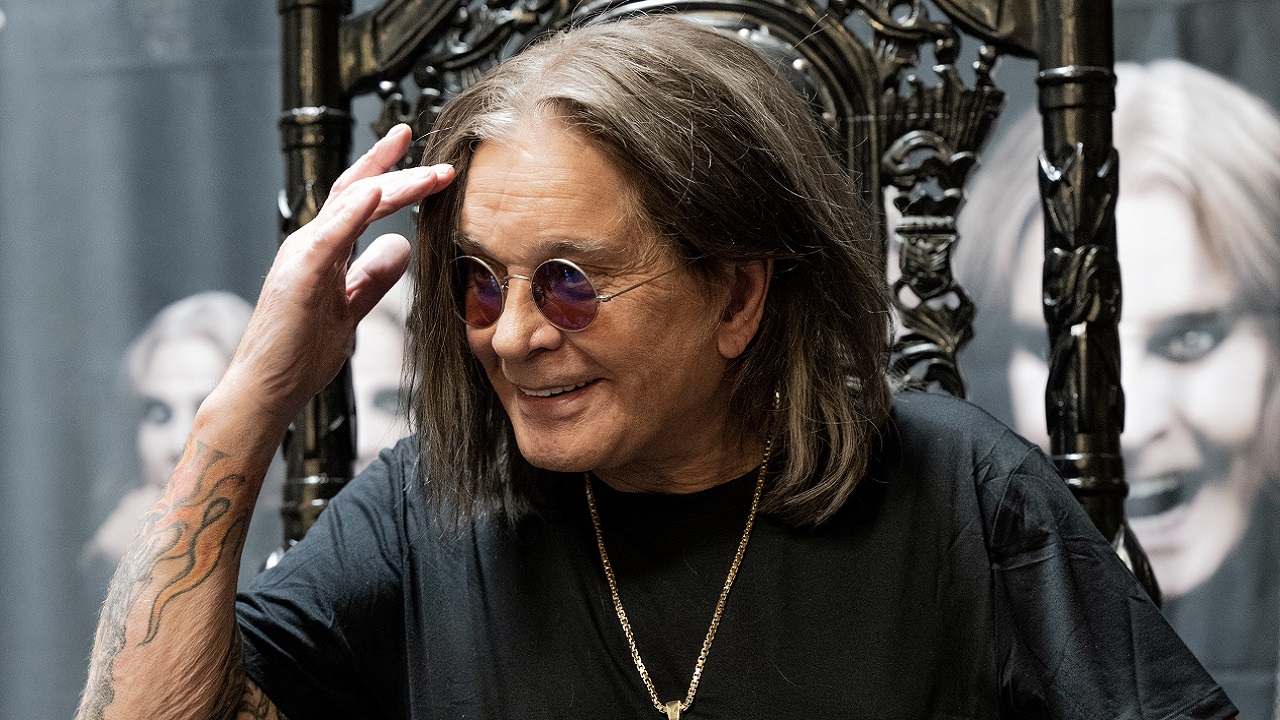
Ozzy Osbourne’s son, Jack, has said that he doesn’t think the Prince Of Darkness will ever tour again.
Ozzy, 74, retired from touring in January, citing spinal damage he suffered in 2019.
In a new interview with The Messenger, Jack, 38, has commented on his dad’s condition and doesn’t believe that another tour from the former Black Sabbath frontman will ever be possible.
“I don’t think he’ll tour again,” the reality TV star and The Osbournes podcast co-host commented.
However, Jack doesn’t rule out the possibility of standalone performances in the future.
“But he’s gunning to do one-off shows,” he continued, “like festivals, gigs, things like that.”
Jack then added, “He’s not done yet!”
Ozzy announced his desire to return to live performance in 2024 in an interview with Metal Hammer in September. The singer also stated that he wants to work on a new solo album, the follow-up to 2022’s Patient Number 9.
“I’ve had all the surgery now, thank god,” Ozzy told Hammer’s Rich Hobson.
“I’m feeling okay – it was just dragging on. I thought I’d be back on my feet months ago, I just couldn’t get used to this mode of living, constantly having something wrong. I can’t walk properly yet, but I’m not in any pain any more and the surgery on my spine went great.”
Ozzy then continued: “I’m getting myself fit. I’ve done two albums fairly recently [2020’s Ordinary Man and 2022’s Patient Number 9, both produced by Andrew Watt], but I want to do one more album and then go back on the road.”
Ozzy’s wife and longtime manager, Sharon Osbourne, recently commented on an episode of The Osbournes why Ozzfest, the long-running US metal festival founded by her and headlined by either Ozzy or Black Sabbath, stopped after a final one-day edition in 2018.
“Yeah, it was a very weird beast,” Sharon said, “because all the bands were our mates, but the managers were greedy, and for some reason they thought that we were making billions on it and we weren’t.
“We made a profit. But it was not like – we couldn’t retire on it. And managers and agents wanted more and more and more, and it just wasn’t cost-effective anymore. We stopped because it just wasn’t cost-effective.”







